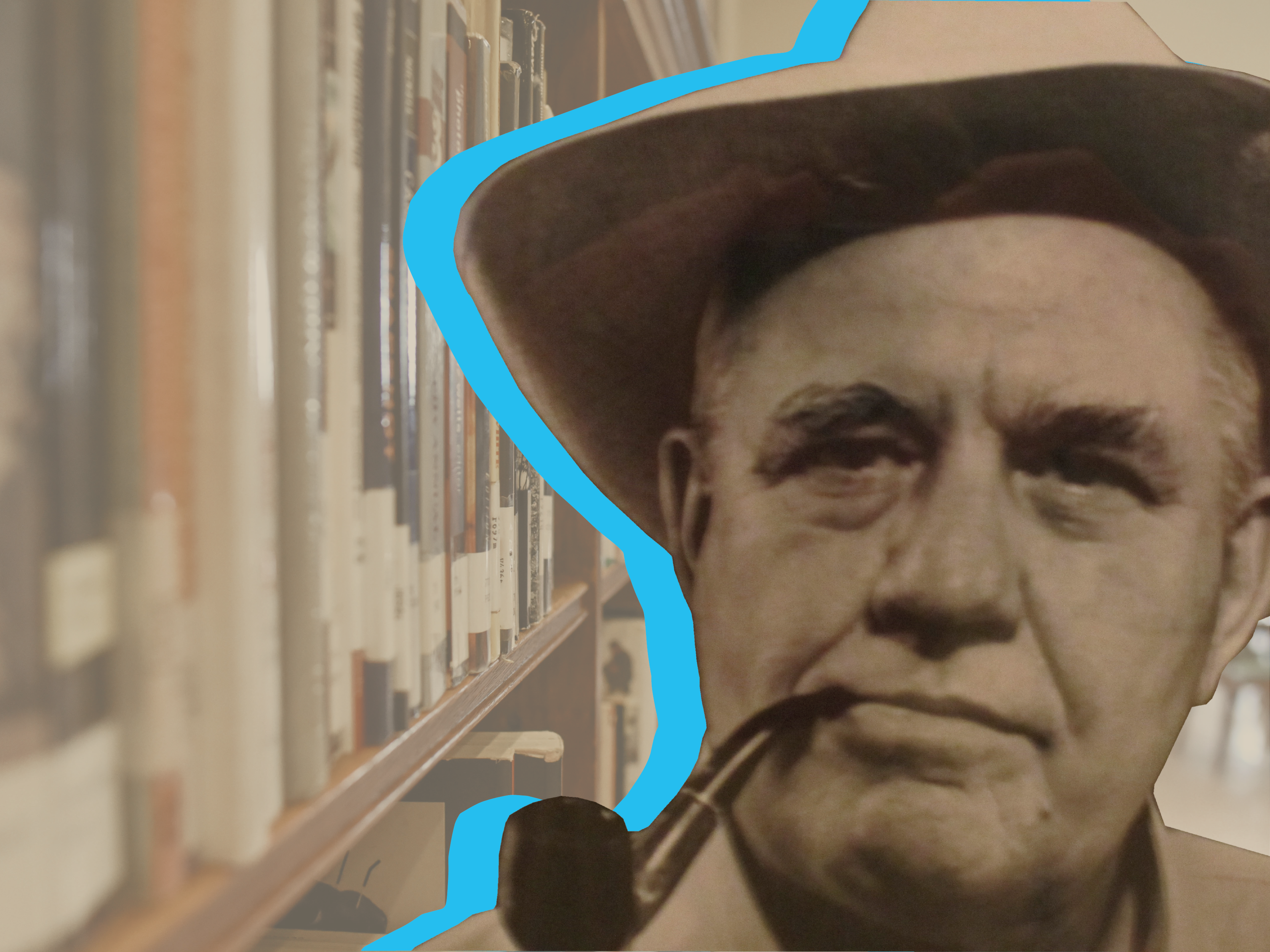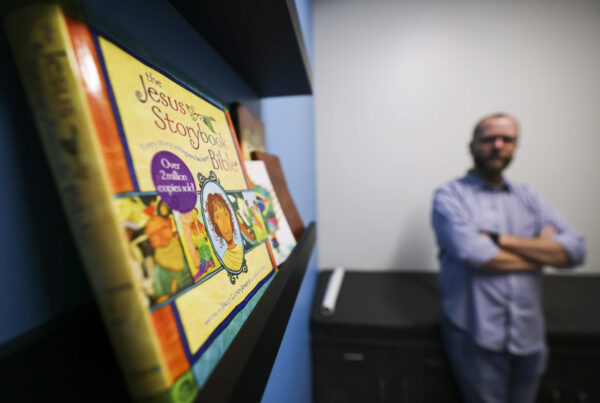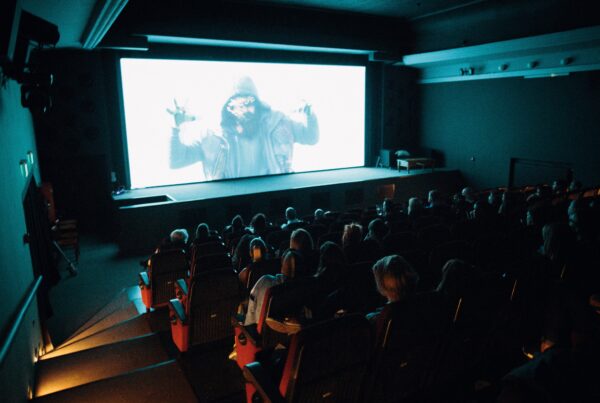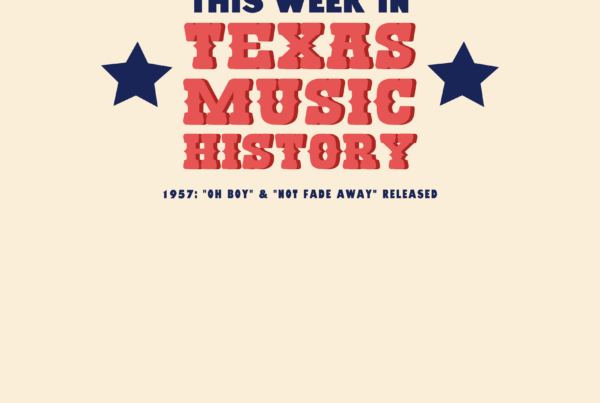In a seemingly endless queue they lined up for the march to the witness stand: ultraconservative Texans firm in their belief that state schoolbooks are being tampered with by ‘subversive’ authors and publishers. ‘It’s all part of a communist plot,’ they declared, ‘a plot to undermine American standards and morals, American education in general.’
One group called Texans for America wanted to tell only the so-called “American” side of history in textbooks. That is until children were old enough to hear other points of view.
The Texans for America testified before a state congressional committee that a number of authors were, to their minds, un-American including Upton Sinclair, Jack London, Eugene O’Neill, Carl Sandburg, Pearl Buck, Ernest Hemingway, Sinclair Lewis and Theodore Dreiser.
This was not last year, by the way, this was in 1962.
This one-sided attack went on each week for a while until the Texas Institute of Letters decided to send some authors and representatives to present their side of the story. J. Frank Dobie was the first to speak and I’ll provide a summary by means of presenting selected excerpts. Again, this is 1962:
Censorship is never to let people know but always to keep them in ignorance; never to bring light but always to darken. It is and for thousands of years has been a main force used by dictators and all manner of tyrannical governments, from Nero to Khrushchev. In Jefferson’s words, “Error of opinion may be tolerated where reason is left free to combat it.”
All we’re asking is to leave reason free. Nobody can know what all the errors are. Wisdom will not die with us. After the press had attacked him violently, Jefferson still held that he’d rather live in a country of free newspapers in any sort of government than under a well-meaning dictator without any newspapers.
Continuing with Dobie’s 1962 speech:
The book burners are rising again: the Minute Women, the John Birchers, and other clans. Now they’ve taken twelve books off the shelves at Amarillo. An objector in Houston wants to remove “The Scarlett Letter” from the library. Another objector in another school wants Plato’s “Republic” seized. At Baylor, a theatrical production of “Long Day’s Journey into Night” has been suppressed.
Before D. H. Lawrence’s “Lady Chatterley’s Lover” was legally allowed in the United States, I got a copy and read it. Before Henry Miller’s “Tropic of Cancer” was allowable in the United States, I got a copy of it and read it. Still have it and, also, his “Tropic of Capricorn.” I did not find in any of those three books any of the so-called “four-letter words” that I didn’t hear from older boys before I arrived at the age of puberty. I’ve been hearing them ever since. I don’t believe that either from hearing them or from reading them they have changed my life, or changed my way of looking at life much. Why all this hocus-pocus stuff – something of holier-than-thou piety – in considering a book that has a four-letter word in it?¨
In 1963, summarizing his perspective on the value of books, Dobie wrote, “Books, and therefore libraries, contain all the inherited wit, wisdom, humor, life, cream of all the jests of all the centuries… The immortal residue of the human race lies in books. The great reason for reading books and valuing libraries is to live life more abundantly, think more justly, and to love more delightfully…”
All of that was 60 years ago. The more things change, the more they stay the same, it seems.
Book banning never quite goes out of style. Every generation manages to rediscover it and believes it’s the magic that will save society from itself.
It’s interesting that if we make a list of the most banned books and the most read books, the lists are quite similar. Could it be that the former causes the latter?















